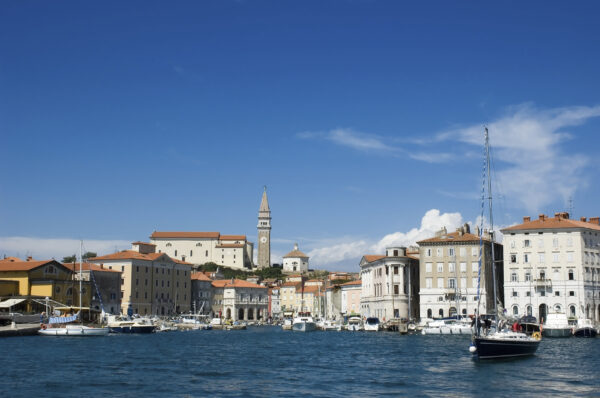Slovenian legislation on the employment of foreigners is undergoing significant changes. Today, the National Assembly voted in favor of two important amendments—the Employment, Self-Employment, and Work of Foreigners Act and the Aliens Act. Both legislative changes are aimed at making the Slovenian labor market more open, especially to highly qualified workers from third countries.
Easier access to the EU Blue Card and greater protection for workers
One of the key changes is the transposition of the EU’s so-called Recast Directive into Slovenian law. This should make it easier for highly educated professionals with specific skills that are needed on the European labor market to come to Slovenia. Among other things, the directive allows for more flexible mobility within the EU, faster recognition of professional qualifications and work experience, and simplified acquisition of the EU Blue Card, which allows foreigners to work and reside in the EU.
The law also introduces more safeguards for the protection of foreign workers. One of the most important new conditions for granting a work permit is that the employer has not previously dismissed employees for business reasons. In addition, a new register of companies that have been legally punished for violations of labor law is being established. This register will be available to both foreign and domestic job seekers, making it easier for them to avoid unfair employers.
Seasonal work, digital nomads, and faster procedures
The changes do not stop at highly qualified personnel. The legislator is also opening the door to seasonal work for foreigners in tourism and hospitality—two sectors that have been facing staff shortages for many years.
The amendment to the Aliens Act introduces additional measures for more flexible migration management. One of the most important new features is the introduction of a special temporary residence permit for so-called digital nomads – foreigners who work remotely for foreign employers but reside in Slovenia. In addition, the law allows for faster processing of residence applications in cases of special national interest.
Foreigners who have unsuccessfully applied for international protection will be able to apply for a first single residence and work permit under certain conditions, for example if they have been actively involved in the Slovenian labor market for at least six months.
Optimization of administrative procedures and elimination of constitutional inconsistencies
The legislative changes also include specific measures to reduce administrative barriers. Procedures at administrative units are to be speeded up, and decisions will now also be delivered to foreigners at their address abroad or electronically.
The law also removed a constitutionally controversial provision restricting the movement of foreigners. Members of Parliament decided that the Ministry of the Interior must establish appropriate technical solutions and upgrade the registers within four months. The government had sought a longer, six-month deadline, but this proposal was not accepted by parliament.



